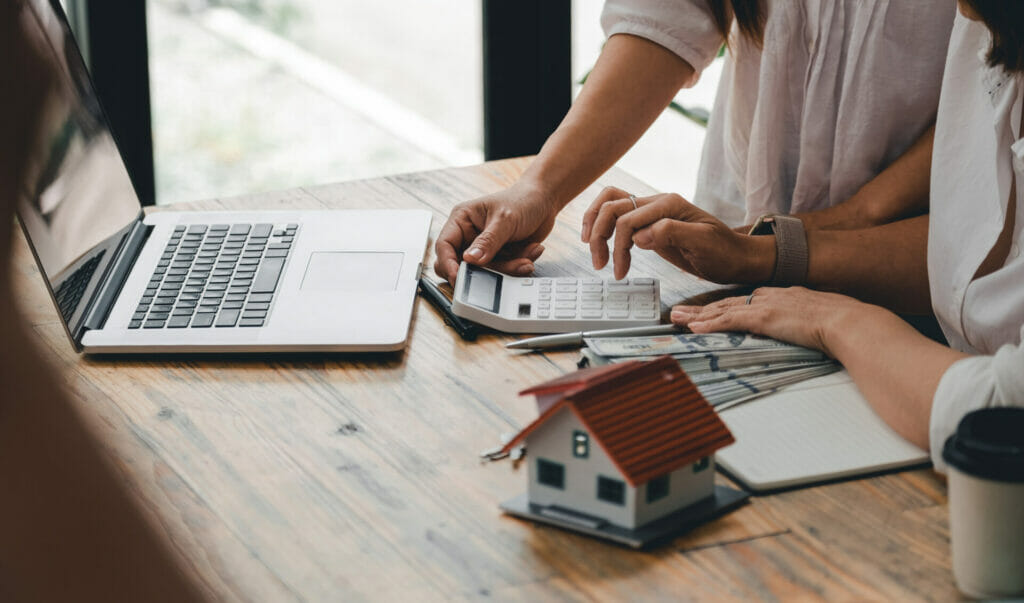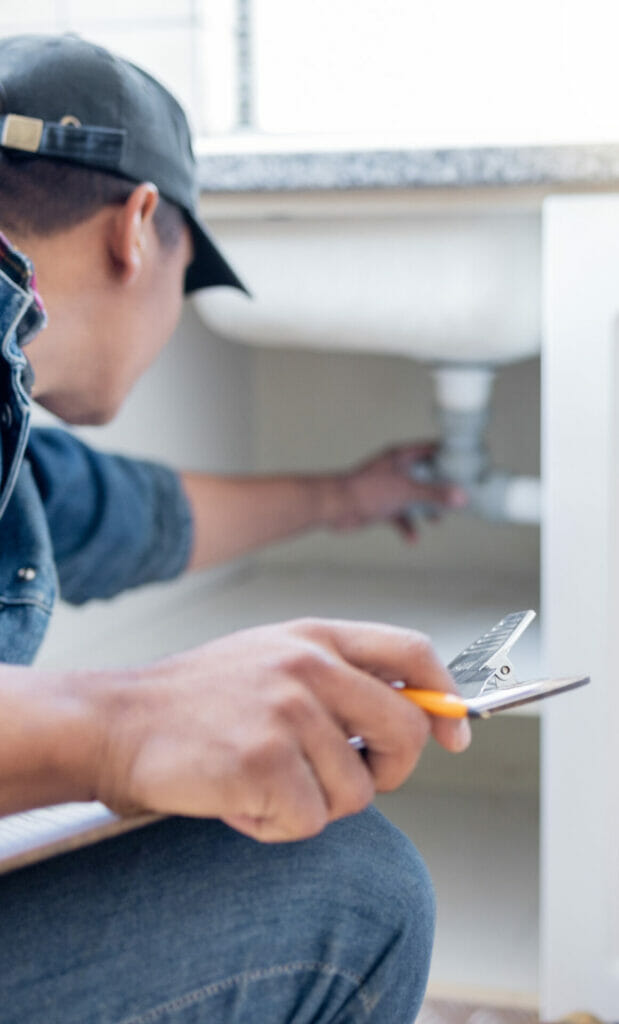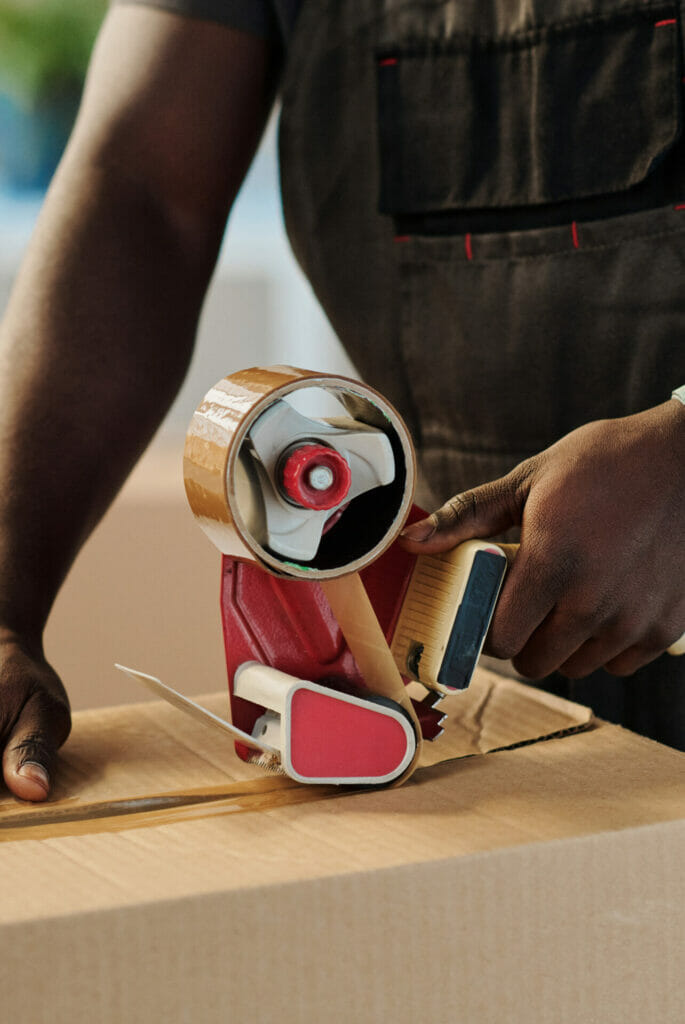How to Buy a House
Have you ever wondered how to buy a house, but don’t know where to start? The homebuying process can be exciting, but also overwhelming, especially if you’re a first-time homebuyer. These tips will help make your house buying and moving experience as smooth as possible.
Stage 1: Preparing to Buy Your First Home
Professional partners during this stage: financial advisors, housing counselors, lenders
1. Know your reason for buying a house.
Are you purchasing a house to be your primary residence or to be an investment property? This may affect factors such as where you buy and what kind of house you choose. You should be ready to commit to that house and location for at least five years.

2. Determine how much you can afford.
Initially you will have to pay a down payment (ideally at least 20% so you can avoid paying for private mortgage insurance), closing costs, and moving costs. Then you will also have the recurring bills of a mortgage for 15 to 30 years. This is a major financial responsibility, so consider your monthly income, savings, credit score, and debts.
3. Understand your rights.
First-time homebuyers may be qualified to receive help from state programs, tax breaks, and federally backed loans. Also, make sure you’re informed about your rights as a borrower and be aware of predatory lenders and loan fraud. Plus, familiarize yourself with The Fair Housing Act, which protects people from discrimination when they are getting a mortgage and buying a home.
4. Get pre-approved for a home loan.
It’s important to compare options from different lenders so you can get the best deal possible. You can consider offers from banks, mortgage companies, credit unions, and brokers. Compare their interest rates and other terms and fees. Keep in mind that you can often negotiate.
Getting pre-approval from a lender involves providing financial documentation such as pay stubs, bank statements, and tax returns. Pre-approval is more accurate and official than pre-qualification, so it’s best to pursue pre-approval before you begin seriously looking for homes.
Stage 2: Buying Your First Home
Professional partners during this stage: real estate agents, real estate lawyers, house inspectors, insurance companies, title companies
5. Partner with a good real estate agent.
Consult with licensed realtors in your area who are familiar with the local housing market. Choose someone who has experience working with first-time homebuyers so they can navigate you through the whole process of searching, negotiating, and settlement.

6. Search for a house.
There are so many factors to consider when looking for potential houses. Will you be looking for a condominium, townhouse, or single-family home? Do you want a fixer-upper or a renovated existing house or a new construction home? It might be helpful to use a wish list or checklist to keep track of what appeals to you. Your real estate agent will help you schedule walkthroughs and take advantage of open houses as you explore options.
7. Make an offer.
Once you’ve found a house you like, it’s time to make an offer. Considering how competitive the market is, your real estate agent can recommend a range for your offering price and can help with negotiations. If there is a bidding war with another buyer for a house that you really want, it may be tempting to offer more than you’re comfortable with, but remember to stick to your budget.
8. Get an appraisal, inspections, and insurance.
An appraisal will help you understand what the house is actually worth. Third-party home inspections will help you know if there are any potential problems with the property. This may include standard inspections of the structural components, roof, plumbing, heating and air conditioning, and major appliances. You may also want to have the house tested for radon, mold, and pests.
The inspection results may affect your offer price or even your decision to purchase the house. If you decide to move forward with the purchase, you’ll need to get adequate homeowners insurance in case your home is damaged or destroyed.
9. Sign the papers.
Once you and the seller come to an agreement, you’ll sign an initial purchase and sale agreement. Then it might take another one or two months before closing. That’s the day you’ll officially become a homeowner! When it comes time to settle on your house, be prepared to sign a lot of legal documents and pay the closing costs. Afterwards, keep physical copies of the signed paperwork in a secure place, such as a fireproof box.
Stage 3: Moving into Your New Home
Professional partners during this stage: packing companies, moving companies, storage facilities
10. Partner with a reputable packing and moving company.
Once your new house is move-in ready, then get ready for the big move! Consider hiring a company to help you with packing, moving, and even storage if necessary. Professional movers have the expertise and equipment to handle your belongings safely and more efficiently.

11. Pack your belongings.
If you’re choosing to do some of the packing on your own, keep these tips in mind. To stay mentally and physically organized, focus on one room at a time. Eliminate any items that you no longer need, so there are less things to pack and move. Use sturdy boxes and packing materials to safeguard your belongings. Clearly label each box’s contents and destination to ensure movers deliver boxes to the appropriate rooms, and to simplify unpacking.
12. Move in!
On moving day, make sure you have all the personal items you’ll need for that day and night (or longer, if it’s a long-distance move). This might include medication, checkbook, wallet, keys, and necessary documents. Then, let the professional movers load up your belongings and move them into your new house. Make sure everything is where you want it before they leave. Once everything is set in place, it’s time to unpack and enjoy your new home!
Now you know how to buy a house! To learn more about our moving services, connect with us.
